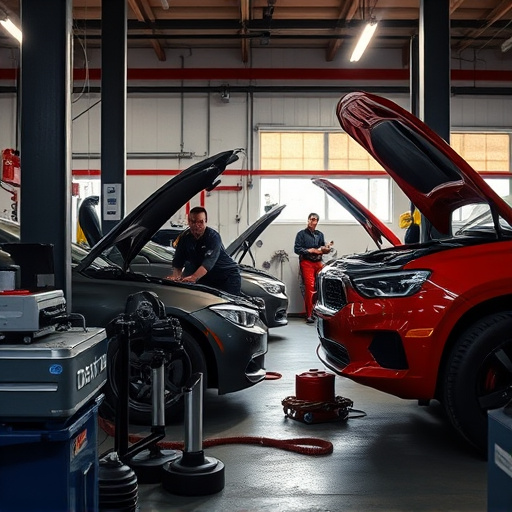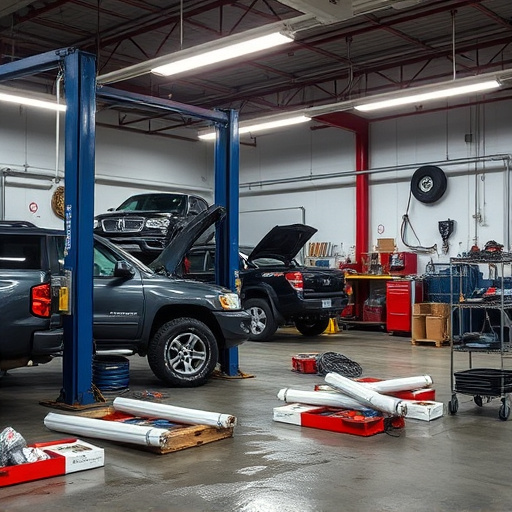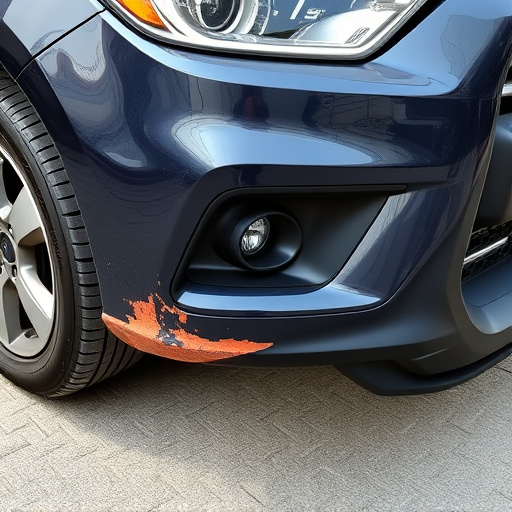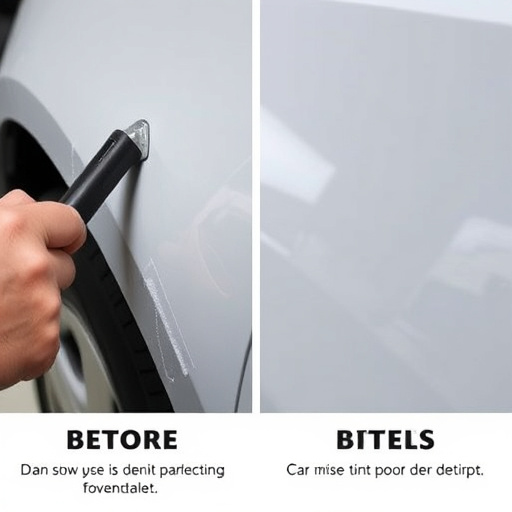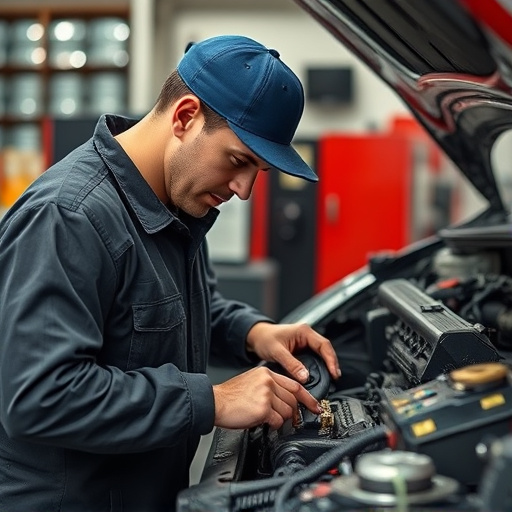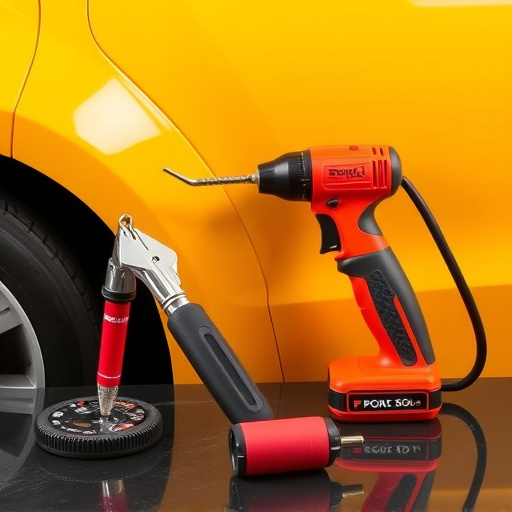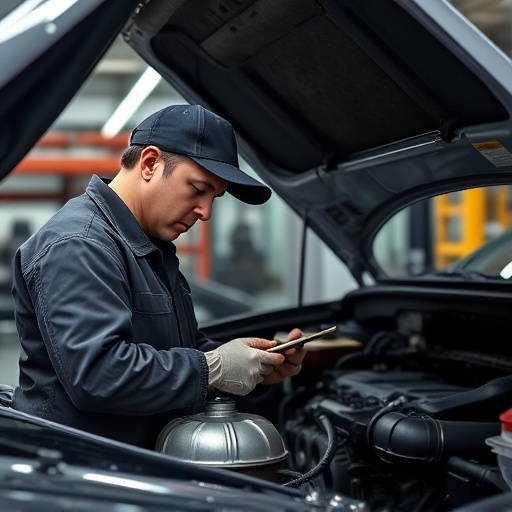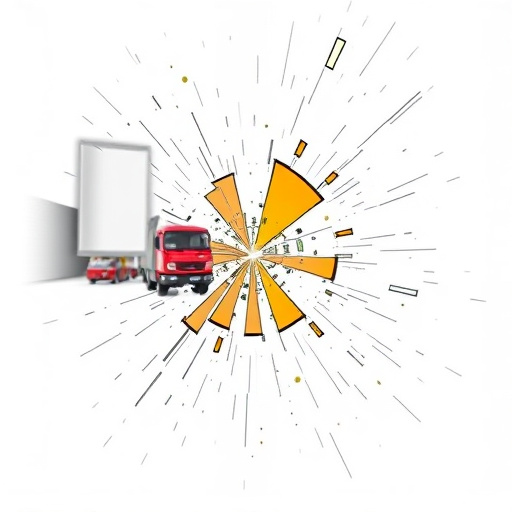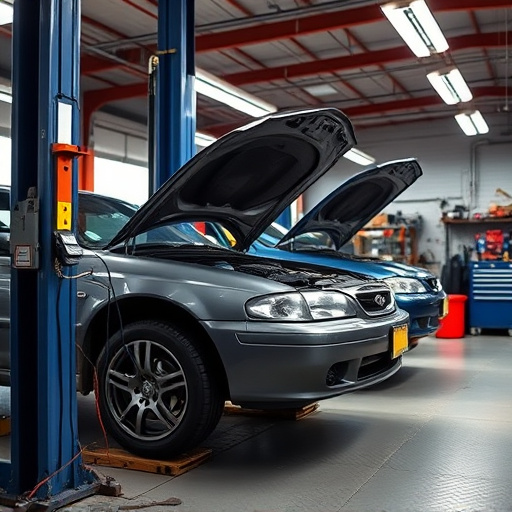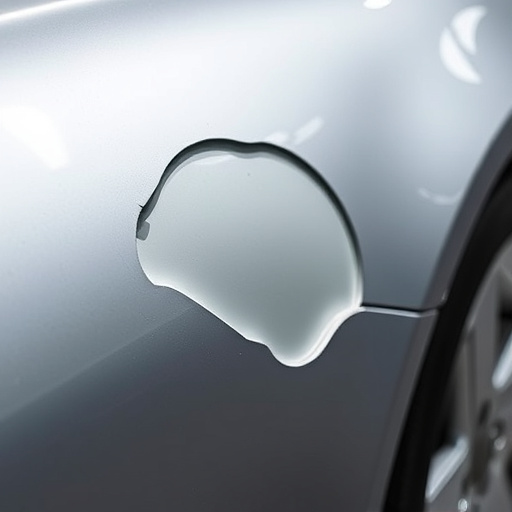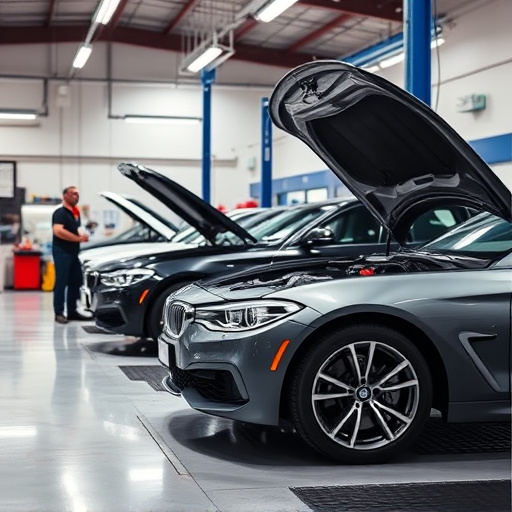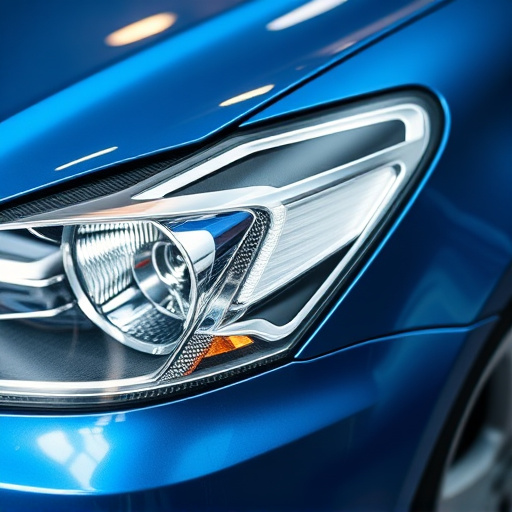Collision repair certification is a crucial step for car repair shops aiming to provide top-tier services, especially for luxury vehicles. This process ensures safety and reliability by evaluating equipment, training, and personnel against industry standards, covering structural repairs, paintless dent removal, and advanced technology use. Achieving certification signifies expertise in complex repairs, enhancing customer satisfaction and preserving high-end vehicle integrity. Regular inspections and adherence to strict protocols maintain these high standards.
Collision repair certification is essential for any facility aiming to establish itself as a trusted and competent auto body shop. This comprehensive guide explores the intricate process of obtaining collision repair facility approval, breaking down critical requirements and meticulous steps involved. From initial assessment to ongoing maintenance, we delve into what it takes to meet industry standards and gain consumer confidence in the digital age.
- Understanding Collision Repair Certification Requirements
- The Step-by-Step Process for Facility Approval
- Maintaining Standards After Initial Certification
Understanding Collision Repair Certification Requirements
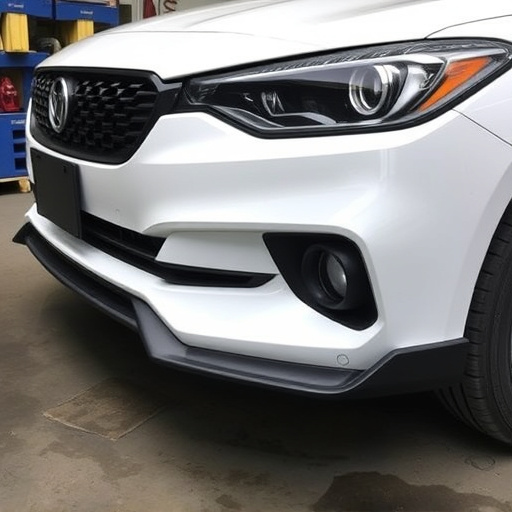
Collision repair certification is a crucial step for any car repair shop aiming to offer top-notch services, especially when it comes to luxury vehicle repairs. To gain approval and maintain high standards, facilities must meet specific requirements set by industry authorities. This process ensures consumers receive safe and reliable repairs.
The certification process involves a comprehensive evaluation of the shop’s capabilities, including equipment, training, and personnel. It covers various aspects, such as structural repair techniques, paintless dent removal methods, and the use of advanced technology for precision work. For luxury vehicle repair shops, meeting these standards is even more critical due to the intricate details and specialized materials used in modern cars. By obtaining collision repair certification, a shop demonstrates its proficiency in handling complex repairs, ensuring customer satisfaction, and maintaining the integrity of high-end vehicles.
The Step-by-Step Process for Facility Approval
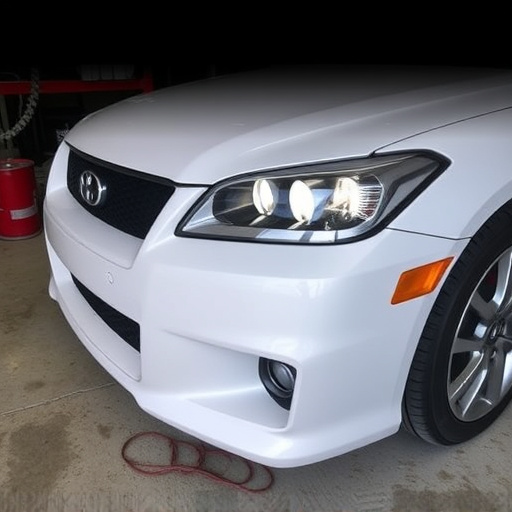
The process for obtaining collision repair facility approval involves several meticulous steps designed to ensure quality and safety standards. It begins with preparing your facility by meeting all necessary requirements, including equipment calibration, space allocation, and staff training. This initial phase is crucial for setting a solid foundation for subsequent certification stages.
Once your facility meets the basic criteria, it’s time to submit an application through recognised certification bodies. They will conduct thorough inspections covering every aspect of your operation—from workspace organisation to the expertise of your technicians in services like paintless dent repair and tire services. If your facility excels in these areas, including car paint services, you’ll be granted the coveted collision repair certification, allowing you to serve customers with confidence and assurance.
Maintaining Standards After Initial Certification
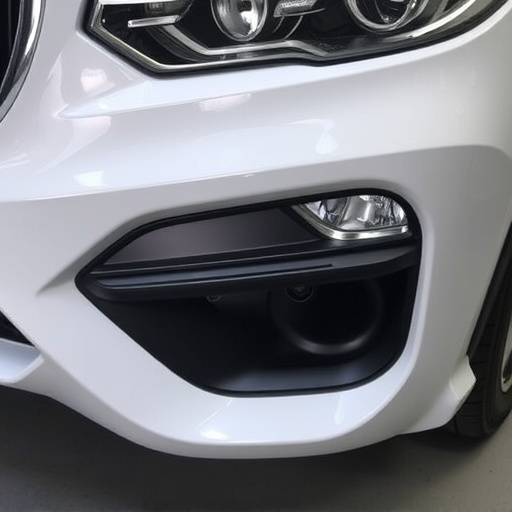
After a collision repair facility secures initial certification, maintaining high standards becomes paramount to upholding their reputation and ensuring customer satisfaction. This involves regular inspections and continuous improvement of equipment, tools, and training programs. Certified facilities must adhere to strict guidelines for safety protocols, environmental compliance, and quality control measures. Regular audits by authorized bodies guarantee that the car body shop meets all necessary criteria for providing top-notch repair services.
Beyond structural repairs, a well-certified collision repair facility extends its expertise to various aspects of car repair services, including tire services. It stays updated with the latest industry standards, technologies, and techniques, ensuring they can handle modern vehicle models and complex repair needs. By maintaining these rigorous standards, these facilities not only ensure the safety and reliability of their work but also foster trust among customers seeking top-tier tire services and comprehensive car body shop solutions.
Collision repair certification is a vital step for any facility aiming to excel in the industry. By understanding the requirements, adhering to the approval process, and maintaining high standards, businesses can ensure they provide top-notch services. This not only boosts customer satisfaction but also strengthens their position in the market. The journey towards certification is a commitment to quality and safety, leaving facilities with enhanced reputations and a competitive edge.
